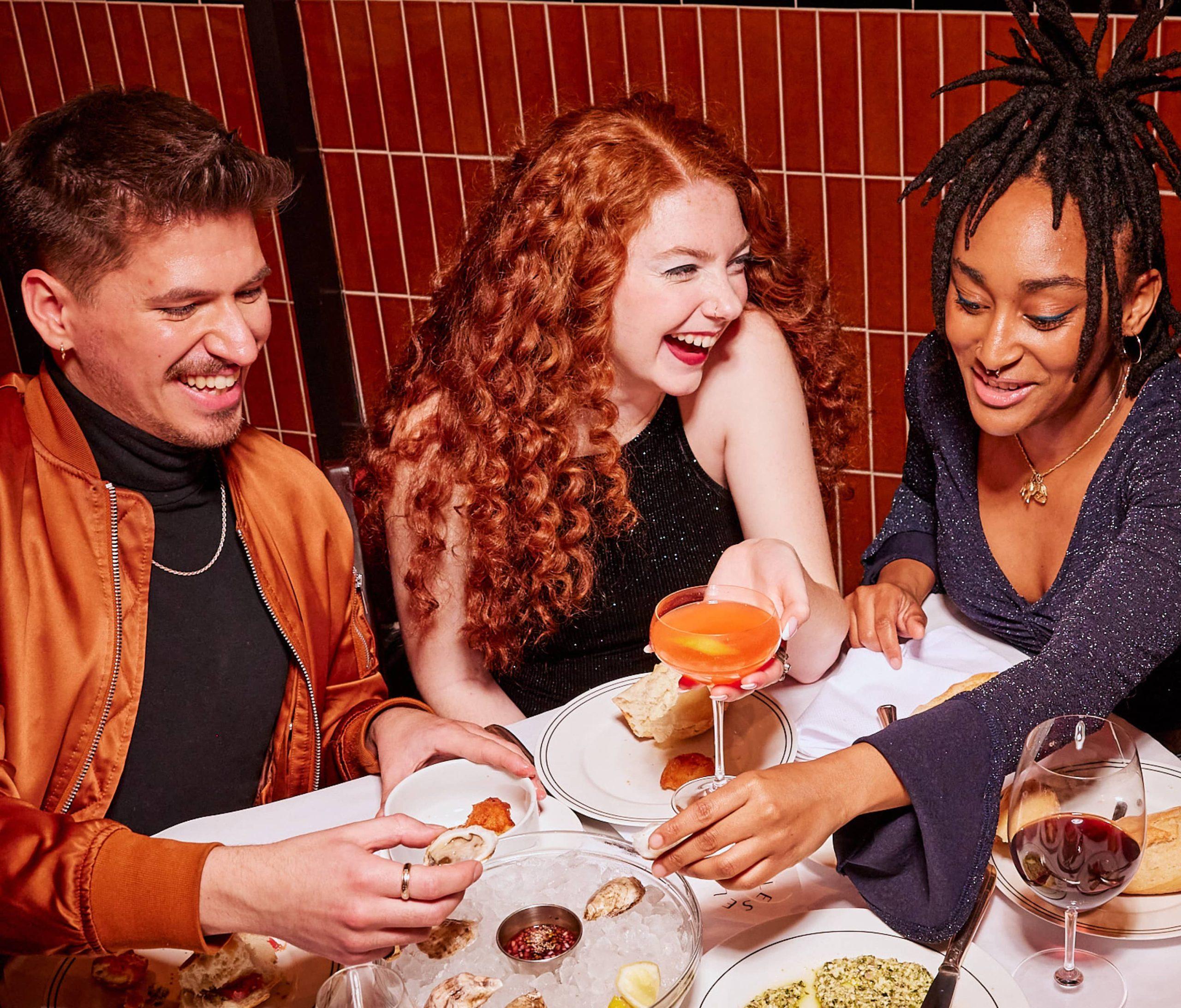Do chefs have certain responsibilities?
We don’t mean the banal expectations of how to run a kitchen, or what’s outlined in their job description. But rather what they can – or should – do to help carry forward important discussions around food. Discussions which take place not just inside their own kitchens, but in all food-related topics in all walks of life.
Veganism: a growing example
About more than eating up your vegetables, it’s a conscious choice in favour of emancipating the animal, and here’s where the talents of the chef are required – people want good-tasting plant-based food (better still, detached from its tie dye stigma), so why should it be difficult to find?
Food ethicality
As gatekeepers, chefs have a big say on what ends up on our plate. But there’s more to it than that. Chefs and their sourcing choices influence what we buy from the butchers or the supermarket (consider what Fergus Henderson has done to the prices of beef shin or calf’s liver). When enough chefs influence enough people, it becomes a trend, a movement, or – and especially in the case of Jamie Oliver – a matter of national policy.
Environmental considerations
In the US, the restaurant industry is the largest consumer of electricity among all retail businesses. Something must be done to curb that. And fortunately, some chefs and restaurants have the best answers so far, including Christian Puglisi’s decision to run his restaurant on hydro-electric power. Waste is another huge issue that also goes much further than the context of food. Chefs like Tom Hunt and Doug McMaster are influential in helping get the idea out about the extent of the problem, and what we, at least, can start doing to change it.
Cultural perspective
Chefs are big influencers on cultural perspectives, too. There’s an emphasis on locality and seasonality within restaurants, helping people understand what’s grown mid-summer down the road, and that good food doesn’t have to come from far. In the same breath, chefs introduce us to new flavours the indigenous palate would otherwise never encounter. Burmese, Georgian, and Syrian-influenced food is on the tips of Britons’ tongues right now. Also, chefs are leading the way in re-exploring cuisine. People thought they knew what Thai, Indian, and Chinese was, until not that long ago, when chefs like Ben Chapman, Karam Sethi, and Andrew Wong came along and blew our gaijin and farang concepts of what foreign cuisine was out the pan.
The big chains
While these chefs have a small but growing audience, it’s the big chains which need to be held in some part accountable for what we eat. Look at the wider picture in restaurant culture, and the need is to have cheap food, more often than not at poorer quality. This is where ingredients don’t represent their true selves, and people’s expectations of what food should be subsequently suffers.
For restaurants where this occurs, the role of the chef is to play up to these expectations rather than exceed or challenge them. The aim here is to provide some form of comfort, regardless of the wider consequences. If you look at the way an average restaurant is run, all kinds of sacrifices are made (ethics, environment, traceability, better understanding of food) in order to satiate its customers. Ultimately, when the chef can afford not to care about these things, their guests won’t either.
Chefs as role models
We all need our role models. The Fergus Hendersons, the Doug McMasters, the Christian Puglisis. The Tom Hunts of this world. They’re the ones many other chefs look up to. Not just in the ways they go about their cooking, but how they run a business and how they manage people. A chef is an ambassador to his or her own industry, but we have too many personalities who reflect poorly on it. Should staff shortages ever subside, it is partly up to the chef to change the way his occupation is perceived.
The bottom line
Yes, the responsibilities of a chef include to provide food. And hopefully good food. But his or her role transcends simply that, sprawling to essentially all facets of what we eat, all facets of running a business, and all facets of being a decent human being. If chefs can be compared to superheroes, we need more of them to use their powers for good.



